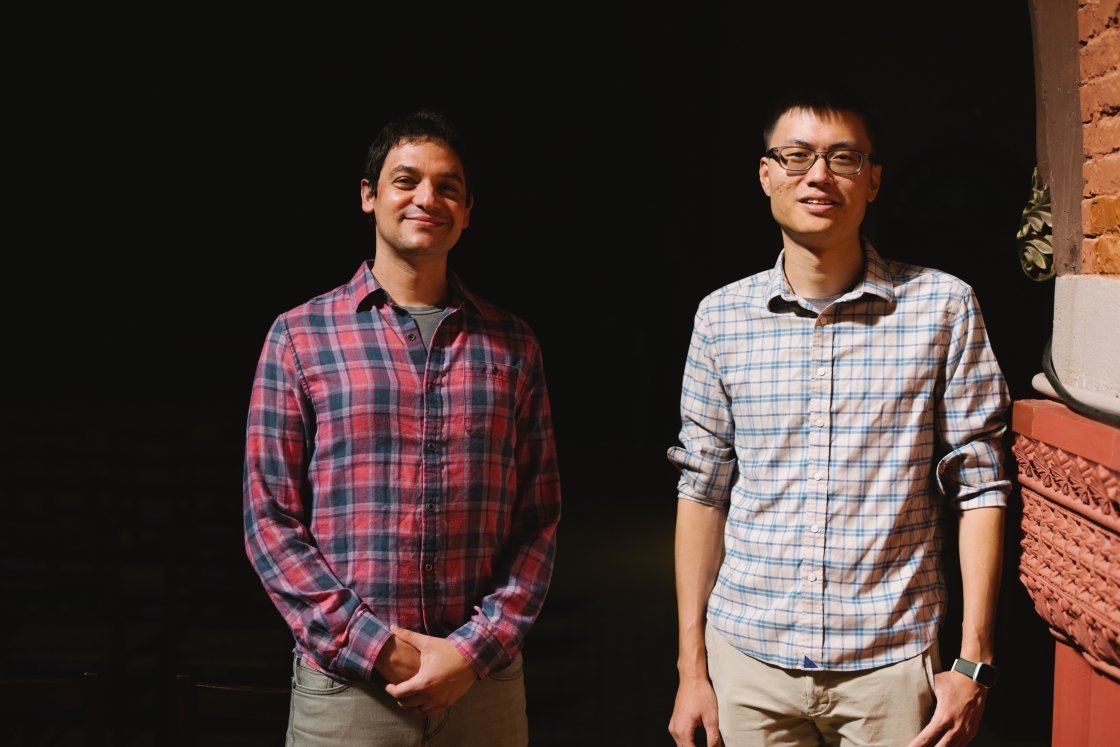Aug. 10, 2015
Trust matters whether it’s love, money or another part of our everyday lives that requires risk, and a new study by a Dartmouth brain researcher and his collaborators sheds light on what motivates people to make that leap of faith.
The findings appear in The Journal of Neuroscience.
Collaboration is essential to human life, fostering interpersonal relationships that are intrinsically rewarding, fulfill a basic social need to belong and promote positive physical and mental health. One critical aspect of collaboration is trust, or assuming mutual risk with a partner.
In the new study, participants thought they were playing an economic investment game with a close friend, a stranger or a slot machine. In reality, they were playing with a simple algorithm that reciprocated trust 50 percent of the time. The researchers developed a computational model that predicted each player’s decision for each round given their previous experiences in the game.
Results showed that participants found positive interactions with a close friend more rewarding than interactions with a stranger or slot machine, and that the researchers’ “social value” model predicted participants’ investment decisions better than models that only considered financial payoffs. Neuroimaging also showed that specific brain signals -- in the ventral striatum and medial prefrontal cortex -- correlated with social value signals when the participants made their decisions.
The ventral striatum is a key pathway in reward processing, while the medial prefrontal cortex is associated with representing another person’s mental state. Together, these regions provide additional evidence that players receive a greater social reward signal when they learn their friend reciprocated than the other two players in the game. This occurs despite participants learning that each player is only reciprocating 50 percent of the time. But because players receive this additional reward signal, they end up trusting their friend more than the other players throughout the game.
“These findings show the importance of social relationships in how we make everyday decisions and specifically how relationships can change our perceived value associated with a given decision,” says co-author Luke Chang, an assistant professor in Psychological and Brain Sciences at Dartmouth. “This is a very important finding as most macroeconomic models of individual decision-making are based solely on financial rewards and strongly influence policy decisions. Our findings also provide a new method to test computational models using brain imaging data, which might be useful for studying amorphous concepts such as trust and reciprocity.”
Available to comment are co-authors Dartmouth Assistant Professor Luke Chang at Luke.J.Chang@dartmouth.edu; Adelphi University Assistant Professor Dominic Fareri at dfareri@adelphi.edu; and Rutgers University Associate Professor Mauricio Delgado at delgado@psychology.rutgers.edu).
###
Broadcast studios: Dartmouth has TV and radio studios available for interviews. For more information, visit: Broadcast Studios

